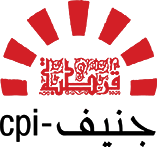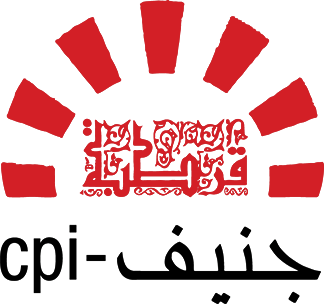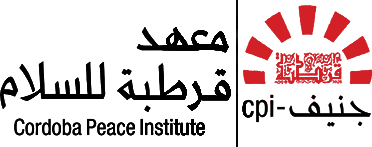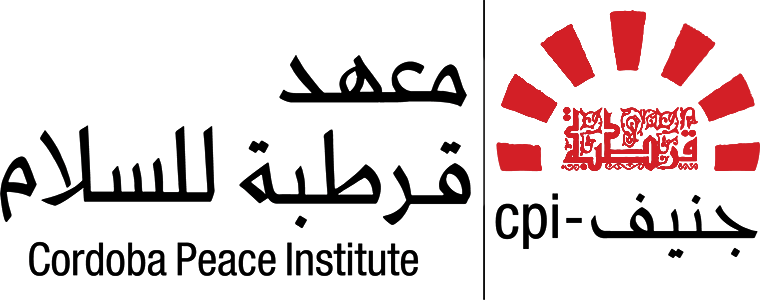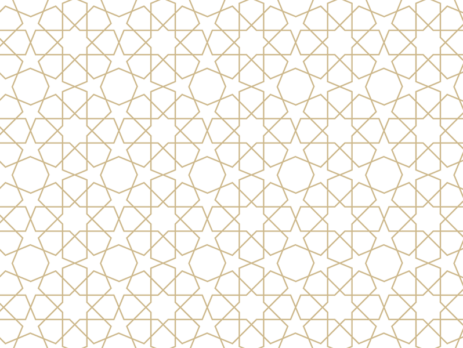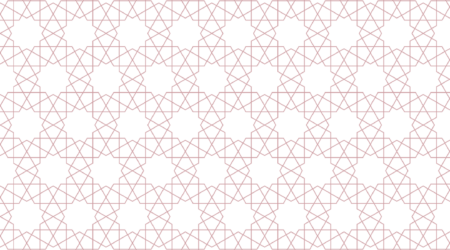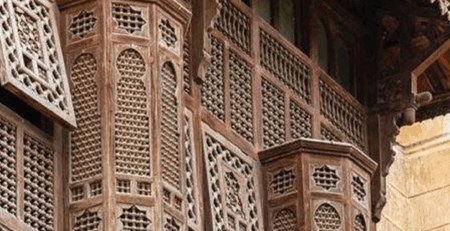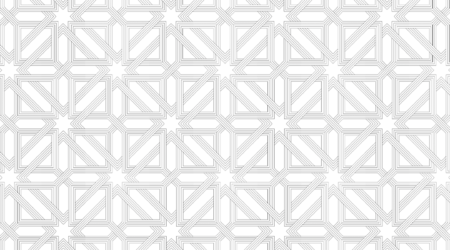Tribes and Religious Institutions in Iraq
September 2017
Introduction
The collapse of the unitary state in post-2003 Iraq facilitated the emergence of different political and social actors seeking to represent parts of the population. Although the U.S.-led coalition was responsible for destroying the old state, which the British built in 1921, the new Iraqi leadership was tasked with constructing the new state.
A key feature of the post-2003 state-building process was a reliance on identity-based politics. Both Shia and Kurd leaders, who built the new state, had arrived from outside the country after decades in exile – either in Iran, the UK, the US, and elsewhere. They became known as ‘foreigner Iraqis’. 1 As such, they did not have strong linkages to the population, including local political, tribal, religious, and middle class actors. Although these parties were not sectarian in discourse, their politburos and leaderships were almost entirely based on single sects (Shia) or ethnicities (Kurd). To them, constructing imagined communities based on sects was the most effective way to gaining legitimacy.
The emergence of identity politics lifted religion to the top of politics, reducing the influence of the tribes. Sunni tribes in particular had benefited from strong patronage networks in the 1990s from the Saddam Hussein Ba’ath regime. The new state-building project divided resources among political parties based on identities, leaving the tribes out of their traditional role as local interlocutors. 2 Yet, the repeated failure of state-building since 2003 has maintained some role for tribes at the local level, where the central government often finds it difficult to reach. In this sense, the tribe has often acted as a substitute for the state, where it cannot provide security or services to the local population.
As such, both tribal and religious actors in Iraq maintain some role in the political process and the state re-building process. As the conflict in Iraq transforms from a military assault on the so-called Islamic State (ISIS) to state re-building, this paper analyses the potential role of the marginalized yet influential tribal and clerical actors in the new phase. The goal is to assess the feasibility and relevance of launching a “dialogue through practice” process. This paper begins with a brief historical outlook of the role of tribes and clerics in Iraq. Second, the paper will map the main tribal and clerical groups throughout Arab Iraq. 3 Third, the paper will briefly discuss the readiness or willingness of these actors to engage in conflict transformation processes. Finally, the paper will assess suitable approaches for process design and the expected outcomes for the initiatives.
